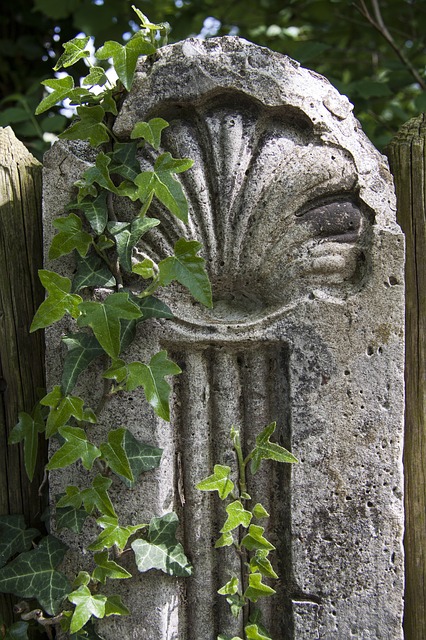Europe was built on walking. During the Middle Ages, the pilmagrage routes to Compostela became the spine of a fragmented Europe. The current European Union, born after the Second World War, came also from a broken Europe in search of unity and common values. The choice of the theme of the Camino de Santiago (St James’ Way) is related to the need to find common elements and values that strengthen the links within Europe and the feeling of belonging in the present context of questioning European values.
Heritage education based on the cultural assets of the Camino de Santiago allows us to start an intercultural dialogue about what we have in common and to rediscover our heritage, not as something static or from the past, but as a heritage that evolves through our commitment to it. Interacting with our heritage is interacting with our identity. Conveying the idea of the importance of its conservation is contributing to the construction of an inclusive cosmopolitan and universal future.
The project CompostEVA hopes to become the loudspeaker of the learning opportunity that the Camino de Santiago represents and use it to achieve our main objective: heritage education in virtual learning environments. This favors the acquisition of basic skills, in particular, social, digital and self-regulatory competencies for adults.




